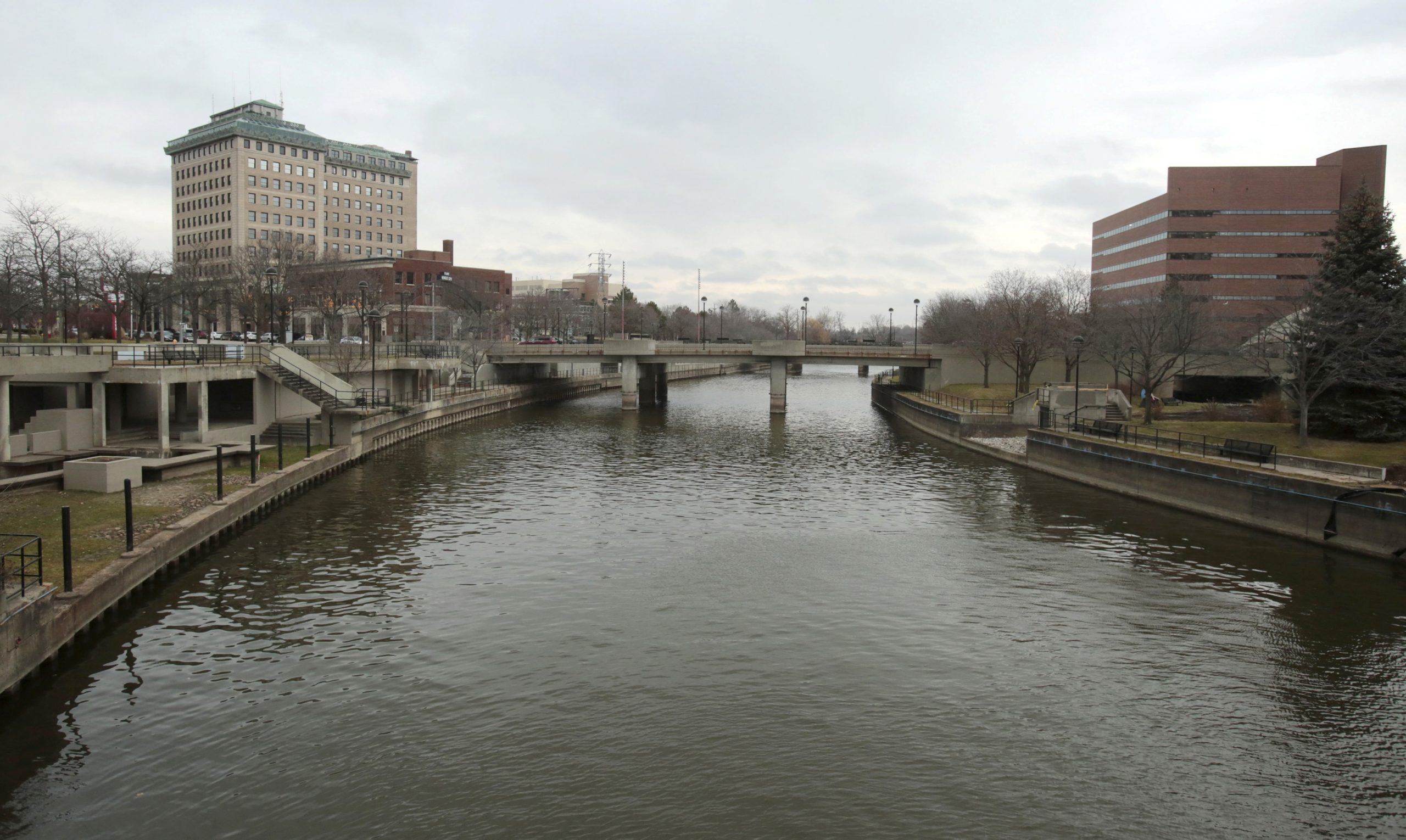
Ian Patrick, FISM News
[elfsight_social_share_buttons id=”1″]
On Wednesday a federal judge gave approval for a settlement worth $626.25 million which would offer compensation for victims of the tainted water crisis in Flint, Michigan.
In a 178-page opinion U.S. District Judge Judith Levy said that the deal, which “involves both class action and non-class action lawsuits,” would go down as a “remarkable achievement”:
The settlement reached here is a remarkable achievement for many reasons, not the least of which is that it sets forth a comprehensive compensation program and timeline that is consistent for every qualifying participant, regardless of whether they are members of a class or are non-class individuals represented by their own counsel.
The money is planned to be split among those who can prove they were directly affected by the water. This includes kids who were exposed to it, adults who can prove they were harmed by it, any individual who paid for water from the Flint Treatment Plant, and any business that received water from the plant.
Overall, the state will pay $600,000,000 as part of the settlement. The rest of the payments are split among the state at $20,000,000; McLaren Health which will pay $5,000,000; and engineering firm Rowe Professional Services which will pay $1,250,000.
Attorneys in the case are also seeking something close to $200 million in legal fees, but that matter will be decided on a later date according to Levy.
Michigan Attorney General Dana Nessel said in a statement after the settlement was approved that she hoped the citizens of Flint would be able to see it “as a positive step in the healing process.” She also said the amount was the largest in the state’s history.
The Flint Water Crisis started in 2014 when city officials allowed water to be drawn from the nearby Flint River to use for its 100,000 residents. It was only meant to be a temporary measure though, as a new water system was under construction, and it was seen as a cheap alternative.
However, the water used from the river was not treated properly. The river water corroded the pipes causing lead to leak into it. Since residents used the water regularly, reports of the odd taste, smell, and appearance of it began to surface. Eventually, health concerns like loss of hair and rashes began popping up as well.
It wasn’t until late September 2015, over one year later, that former Governor Rick Snyder acknowledged a problem and vowed to take action. At the beginning of 2016 Snyder declared a state of emergency in the city as federal officials also confirmed an investigation into the matter.
The federal government became more involved as the situation gained national attention, and as more lawsuits against the city and state cropped up. The Michigan Civil Rights Committee in 2017 claimed that the reason the crisis even happened was because of “systemic racism.”
Snyder was charged in January of this year “with two counts of willful neglect of duty over the lead-poisoning of drinking water in Flint,” according to Reuters.
